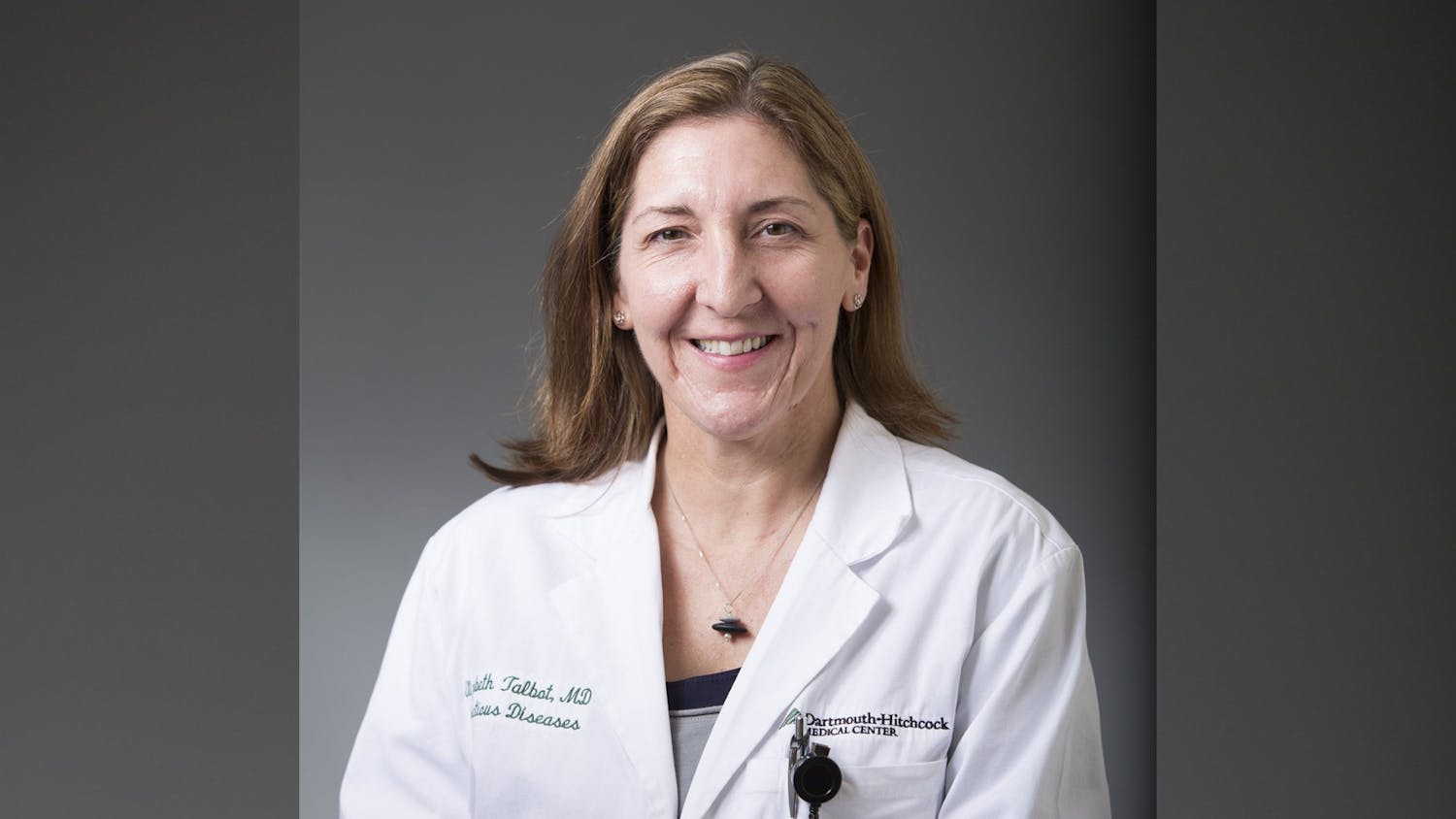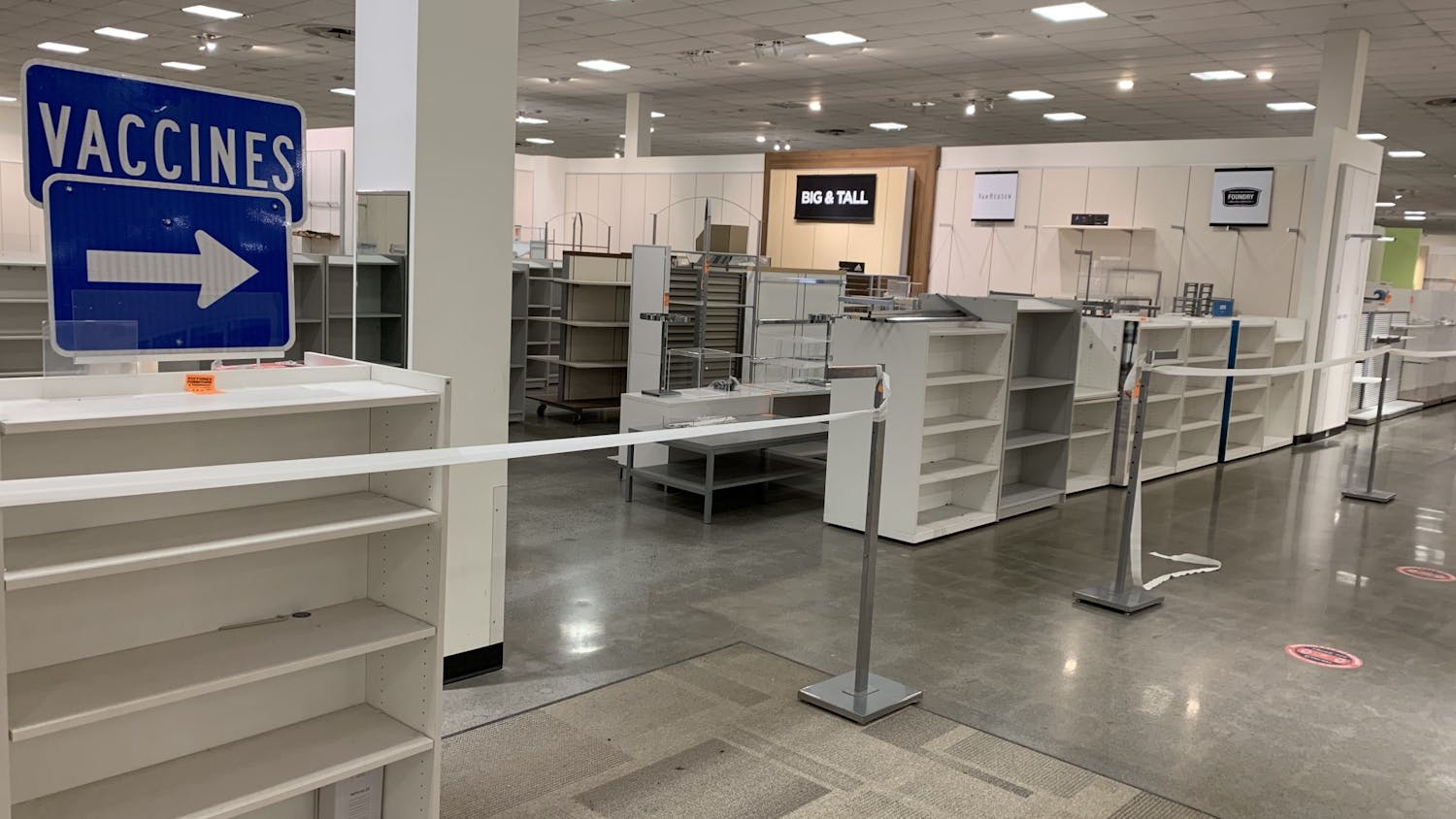On March 25, New Hampshire Gov. Chris Sununu announced that all New Hampshire residents 16 years and older would be eligible to receive the Covid-19 vaccine beginning April 2. This expansion of eligibility allows college students hailing from New Hampshire or who have established residency here to receive the vaccine, but Sununu specified that out-of-state college students will not qualify. The governor’s office believes that limited vaccine supplies should go to the state’s residents rather than out-of-state college students.
However, all college students in the state are included in U.S. Census population counts, which determine how many vaccines each state receives. Thus, the state receives extra vaccines thanks to the out-of-state students at colleges such as Dartmouth. New Hampshire’s refusal to vaccinate those students while still accepting the vaccines they bring to the state is underhanded and must end. The New Hampshire state government should allow all college students, regardless of where they are from, to receive the COVID-19 vaccine.
According to the Centers for Disease Control and Prevention, state governments receive a specific allotment of COVID-19 vaccines based on the number of persons 18 years and older in each state. This number comes from U.S. Census data, which counts students attending college in a state towards that state’s population. College students make up roughly 11% of New Hampshire’s population, and some of the state’s colleges host more out-of-state students than in-state students. At Dartmouth, 97% of American students come from states other than New Hampshire, and even at the University of New Hampshire’s main campus in Durham, 56% of students hail from other states. Without these out-of-state students boosting its population, New Hampshire would receive fewer vaccines.
Additionally, New Hampshire’s refusal to recognize out-of-state college students as residents of the state when it comes to vaccinations is inconsistent with court decisions and state law regarding student voting eligibility. In the lead-up to last year’s presidential election, many out-of-state Dartmouth students registered to vote in New Hampshire rather than in their home states.
State voter eligibility laws require a voter to be, among other things, domiciled in the town or city ward where they plan to vote. A domicile, which is legally equivalent to a residence, includes campus housing such as dorm rooms. By New Hampshire’s logic, an out-of-state student qualifies as a resident when it comes to voting in state elections, but not when it comes to being vaccinated. This inconsistency between New Hampshire’s disjointed approaches to voting and vaccinations cannot stand.
The governor’s office has raised the concern that if an out-of-state student received their first shot in New Hampshire, but left for a different state at the end of the school year before receiving their second shot, logistical confusion could ensue. However, it is entirely possible to receive a second shot in a different state. Other states that have begun vaccinating adults 18 and older, including Louisiana, Texas, and Georgia, have encountered these same concerns and have deemed it more important to vaccinate as many people as they can as soon as they can, regardless of place of origin.
New Hampshire should be no different, and ought to concern itself with getting vaccines administered efficiently to everyone possible instead of imposing asinine obstacles that unnecessarily put public health and safety at risk. What the governor seems to be missing is that everyone is better off if all students can get vaccinated sooner rather than later. If students begin receiving vaccines in April, that would leave more time for them to get the doses they need before heading back. Additionally, recent studies show that receiving just one dose of a two-dose vaccine is 80% effective at preventing COVID-19, so concerns about second doses miss the mark.
Dartmouth students have been told for months that their very presence in Hanover puts the rest of the Upper Valley community at significant risk. If this is the case, vaccinating Dartmouth students should be a priority for the state and local authorities, and Sununu should immediately make out-of-state college students eligible to receive the vaccine — all of New Hampshire will be better off for it.
Thomas de Wolff '24 is from St. Louis, Missouri, and is majoring in History and French. He currently serves as opinion editor and as a member of the Editorial Board, and has written for the opinion section in the past. Outside of The Dartmouth, Thomas enjoys playing guitar, reading, and learning to juggle.



